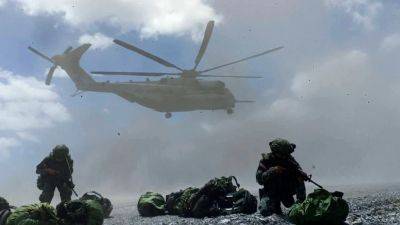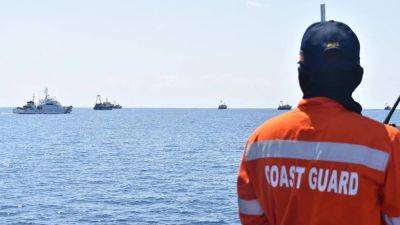How China’s economic diplomacy can defuse tensions with the Philippines
China claimed it had a similar understanding with the Marcos administration after it came to power in 2022, whereby the government would keep honouring the agreement. However, Beijing accuses Manila of unilaterally abandoning the arrangement since February 2023 without explanation.
The deployment signals the US’ ability to position offensive weaponry near China for potential contingency operations in the Taiwan Strait, posing a destabilising threat. Activists in the Philippines have expressed concern that such deployments expose the northern part of the country to potential Chinese attacks in the event of a conflict between the US and China in the region.
However, if the Ferdinand Marcos Jnr administration refuses, Beijing should recognise that the leadership favours alignment with Washington. Moreover, domestic public opinion in the Philippines strongly supports asserting territorial rights. According to a 2023 survey of 1,200 Filipinos by Octa Research, 70 per cent of respondents said territorial sovereignty should be asserted through diplomacy and other peaceful means, while 65 per cent also favoured military action.
18:04
Why the Philippines’ Duterte-Marcos alliance is disintegrating
A former Supreme Court associate justice and legal scholars have also said they oppose the amendment, fearing that Beijing could assert co-ownership over Manila’s oil and gas fields in the West Philippine Sea and deploy its coastguard ships under the pretext of security. Some have said they might agree only if Beijing functioned as a foreign service contractor.
Against this backdrop, China’s military assertiveness against Philippine resupply naval missions only serves to harden negative public opinion in the country. Thus, Beijing finds itself







